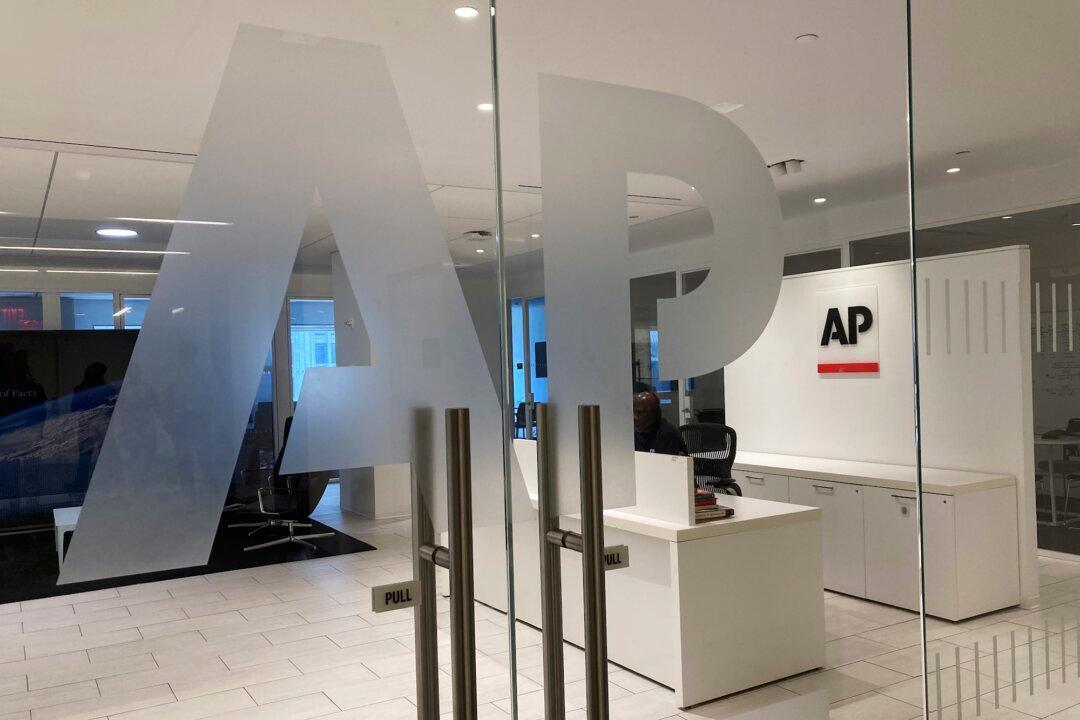The Associated Press (AP) said that the White House barred one of its reporters from attending an Oval Office executive order signing on Tuesday due to the outlet’s style guidance on using the name Gulf of Mexico.
AP’s senior vice president and executive editor, Julie Pace, said the White House has demanded that the news outlet amend its style guidance to align with President Donald Trump’s executive order renaming the Gulf of Mexico to the Gulf of America.





